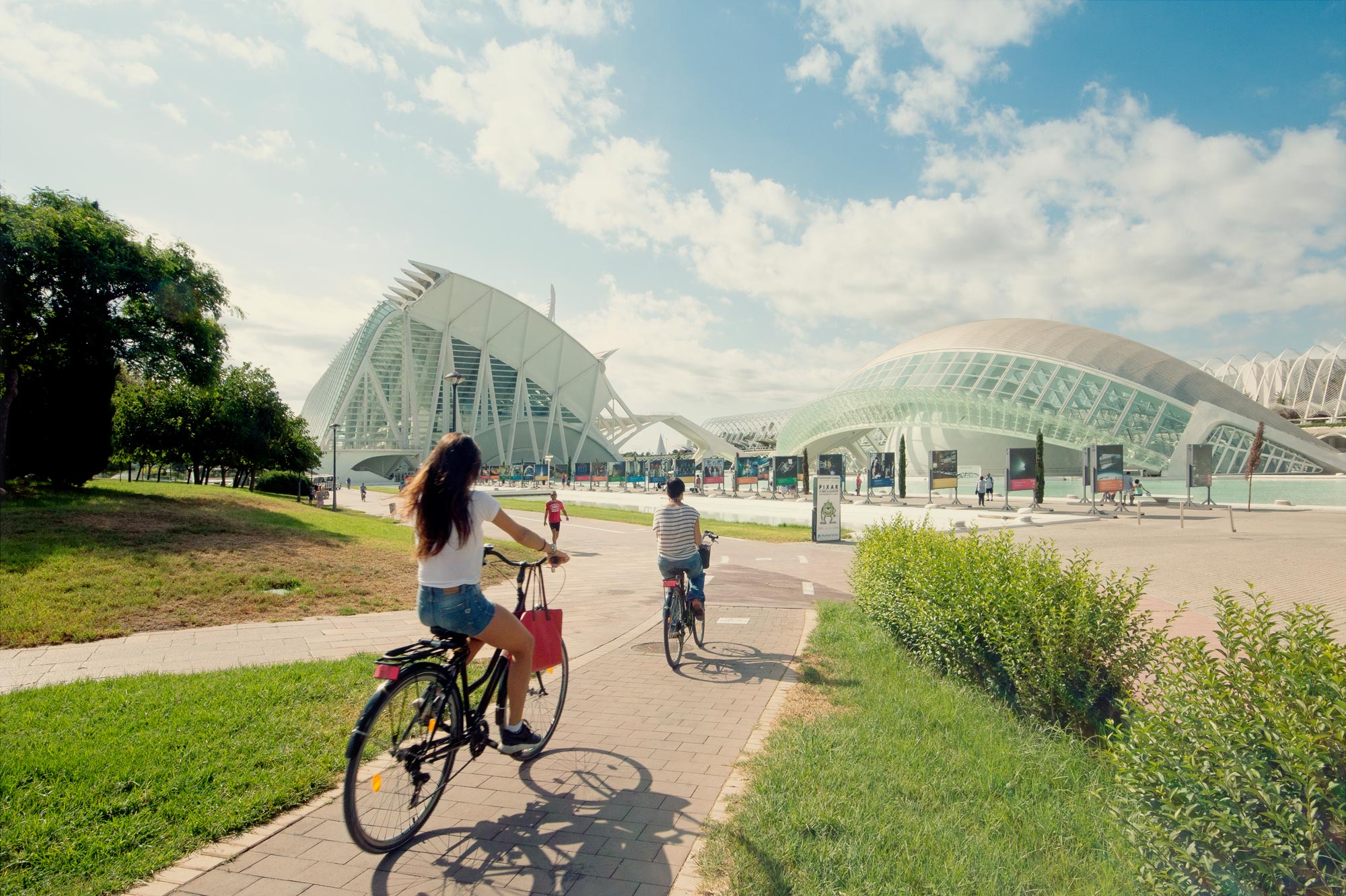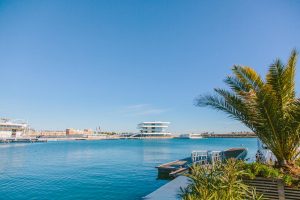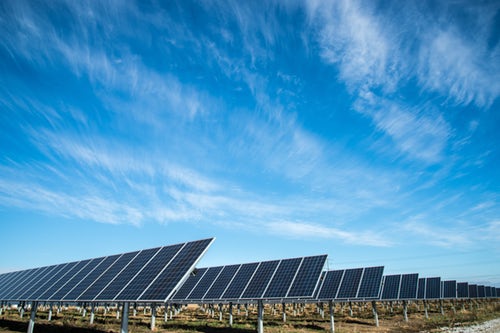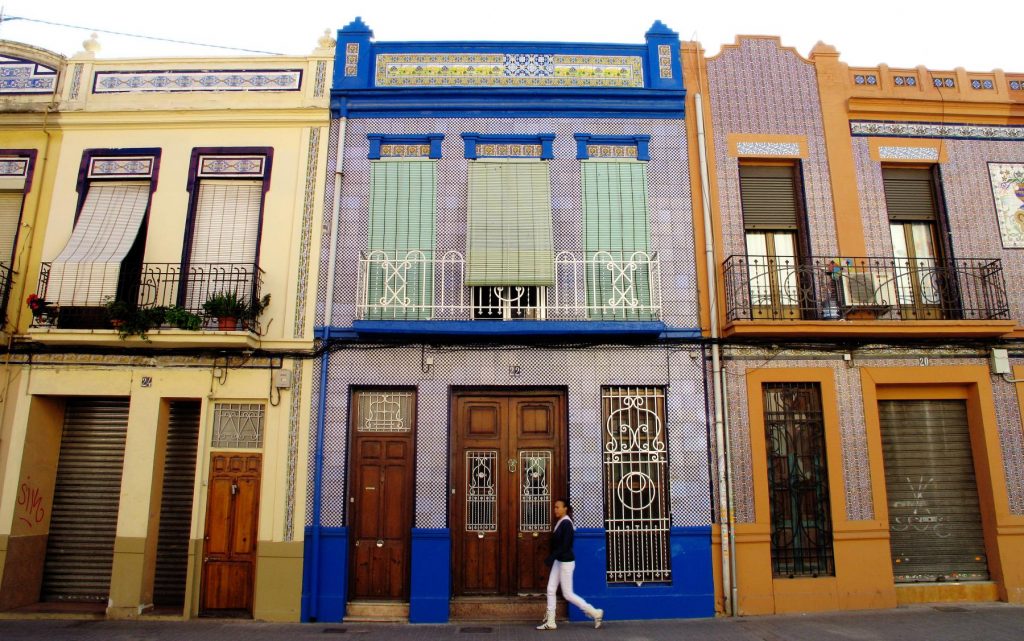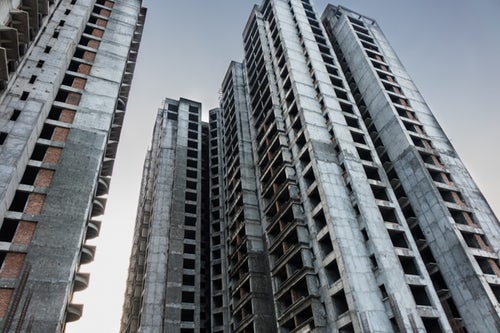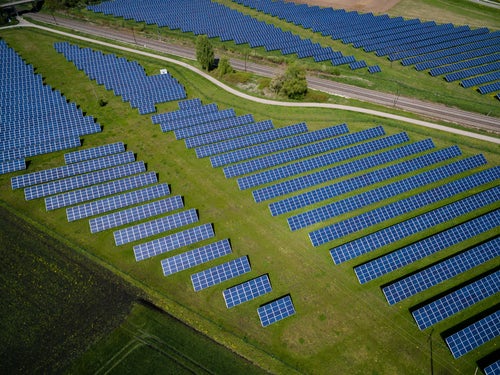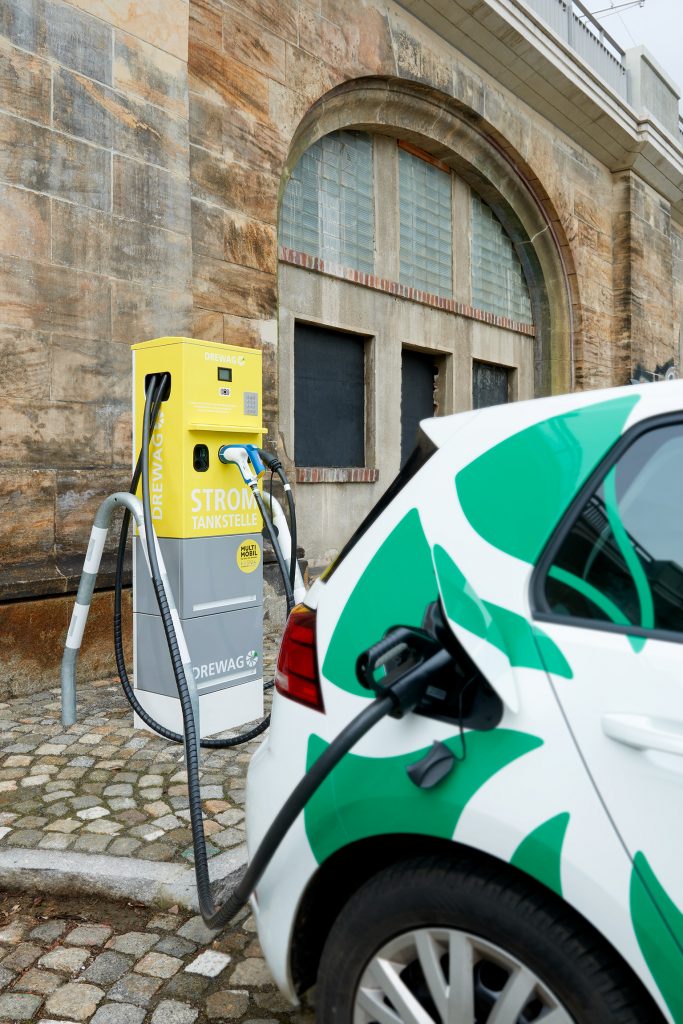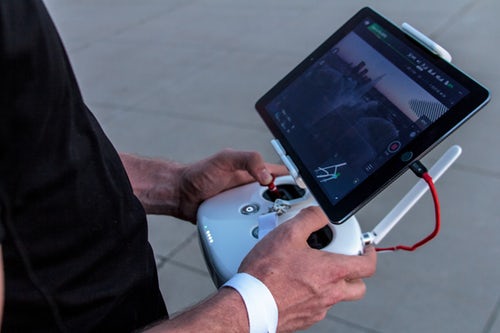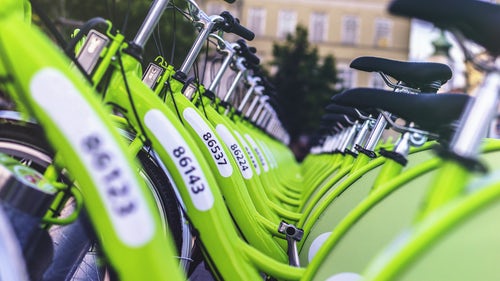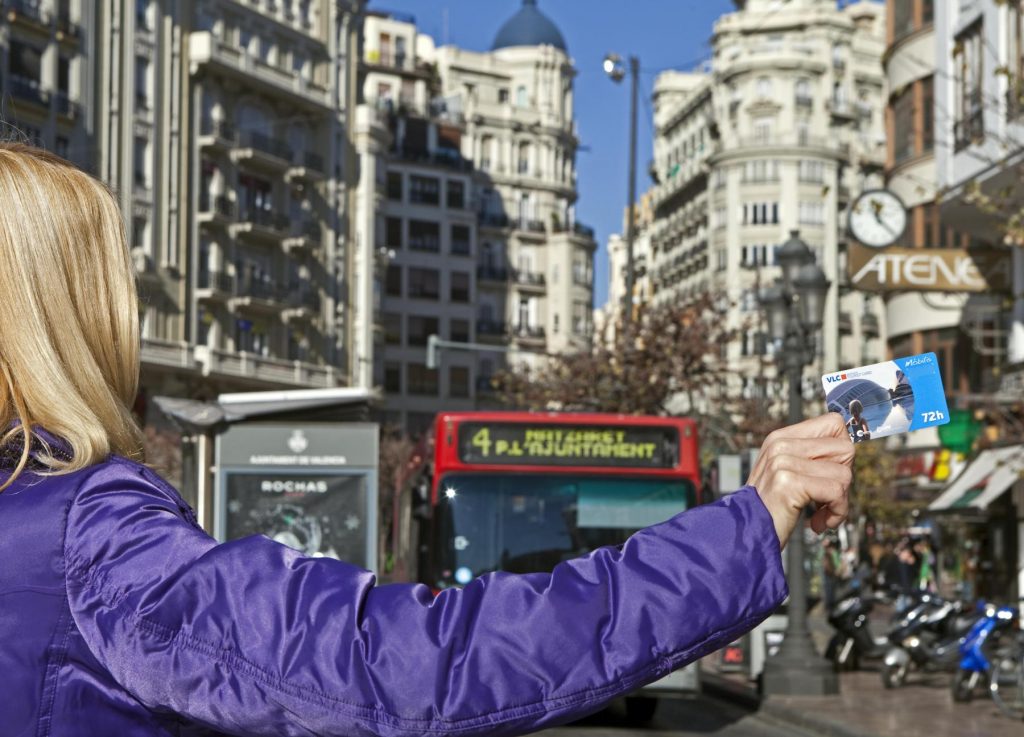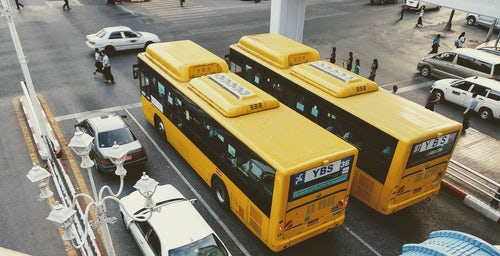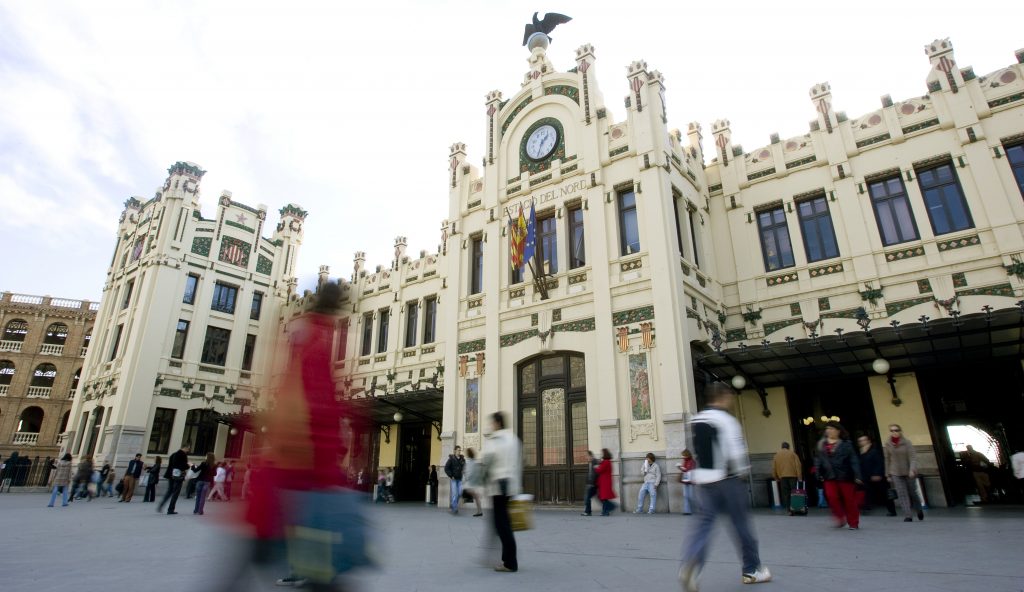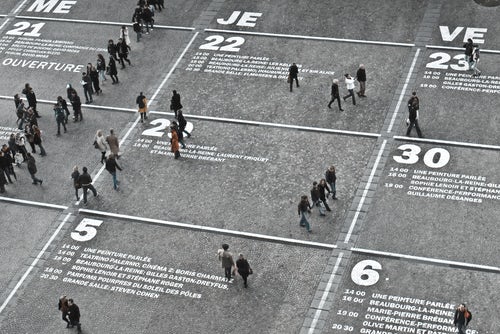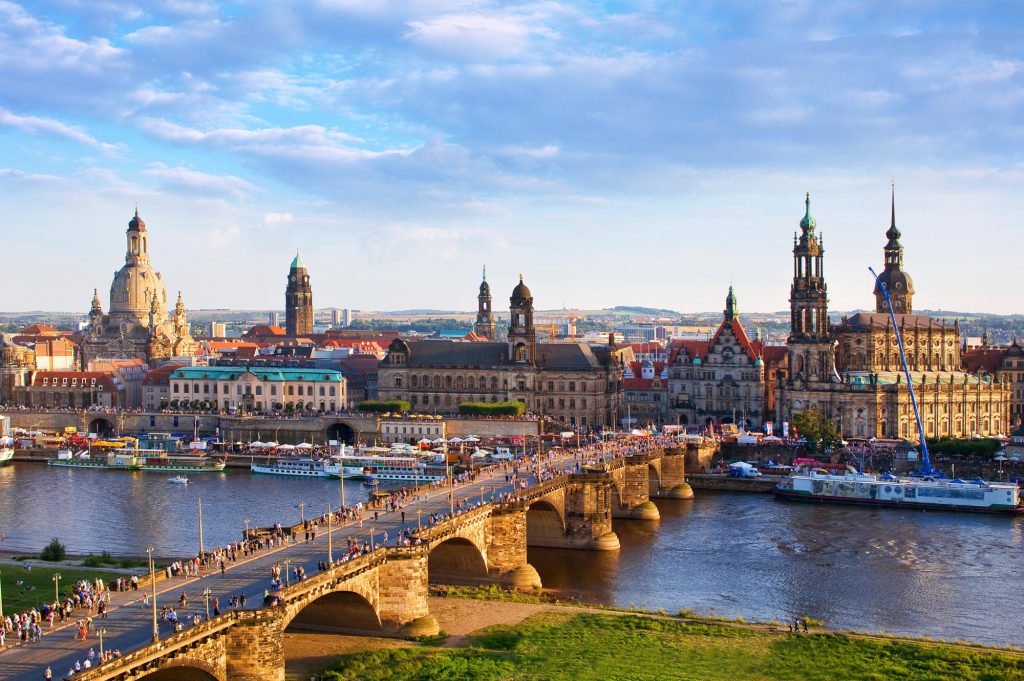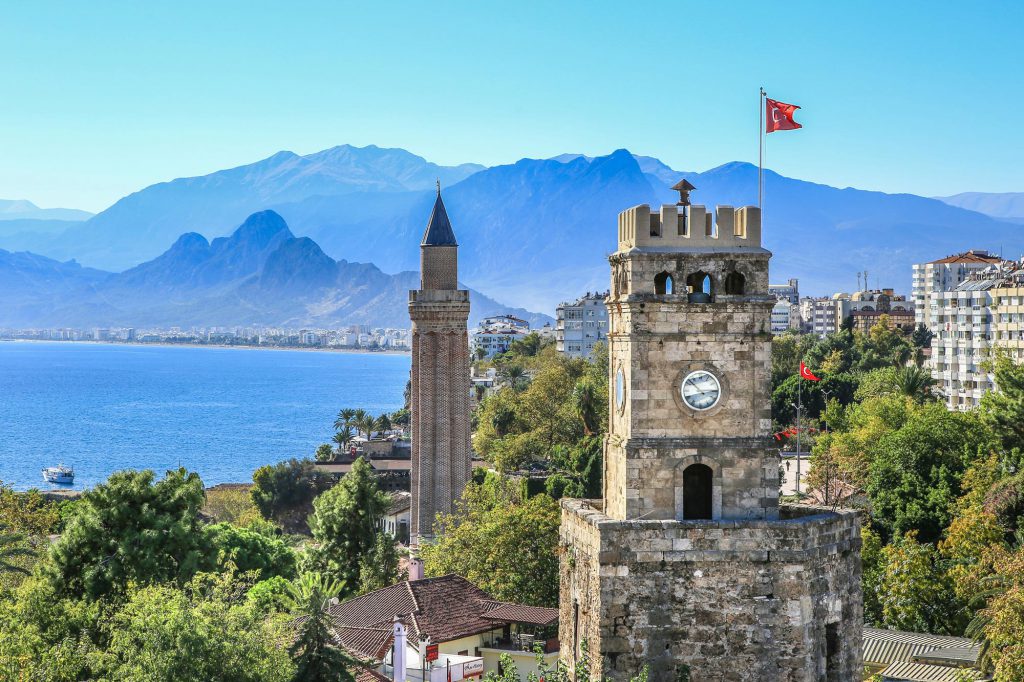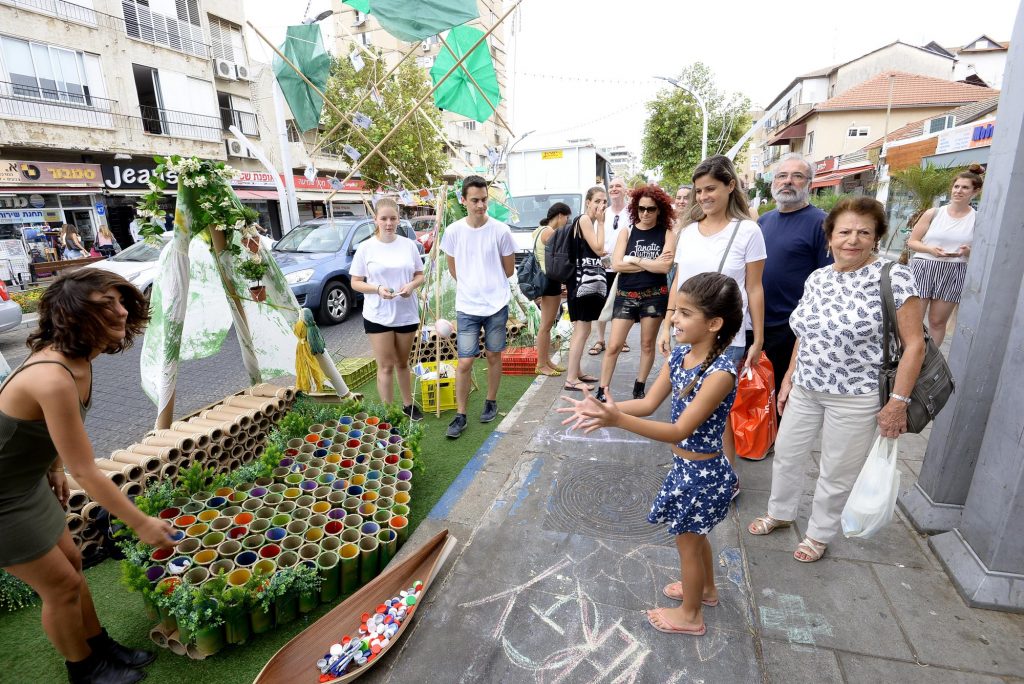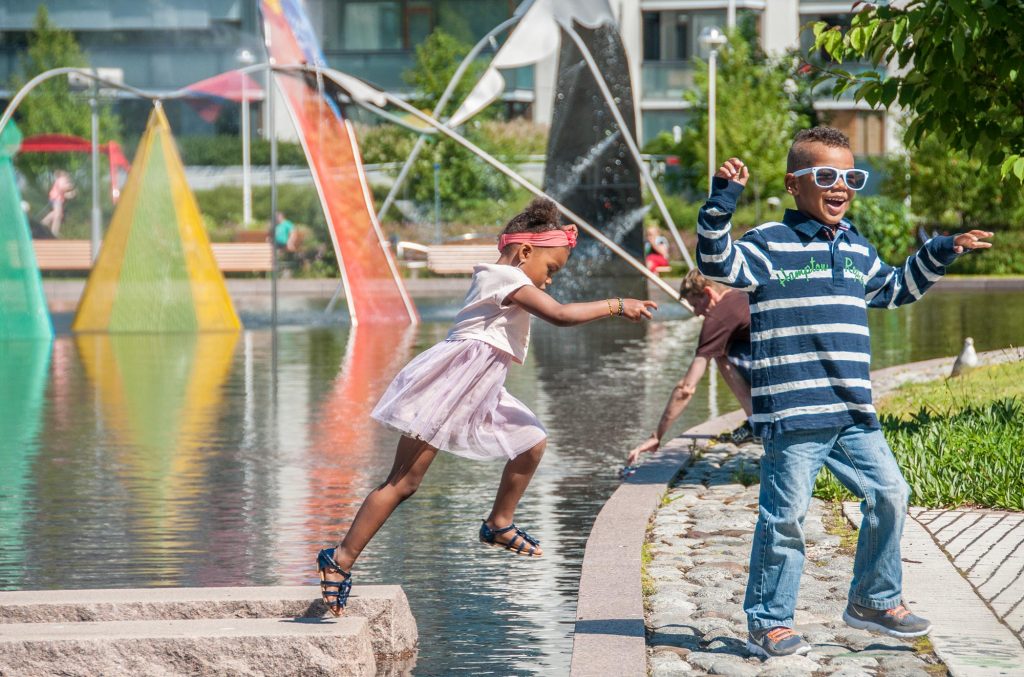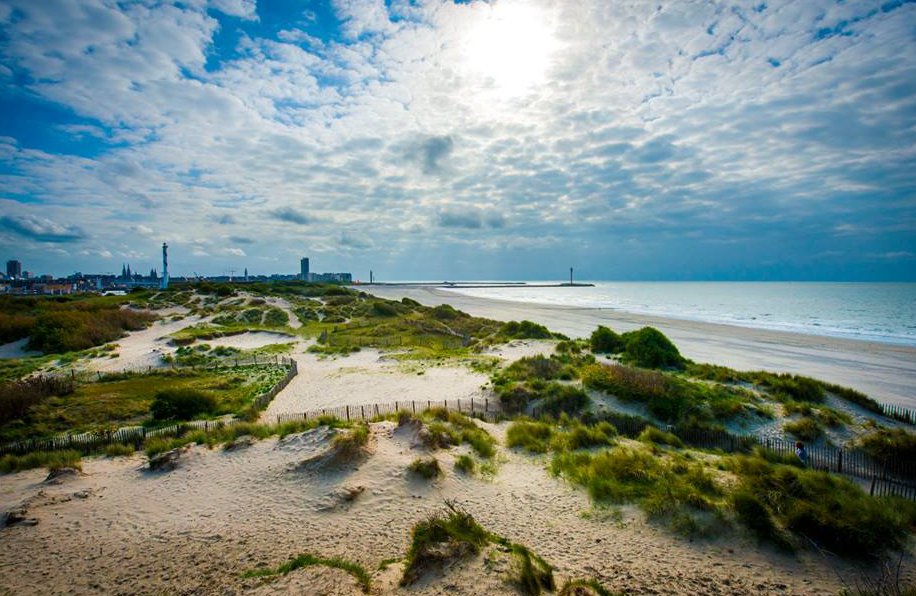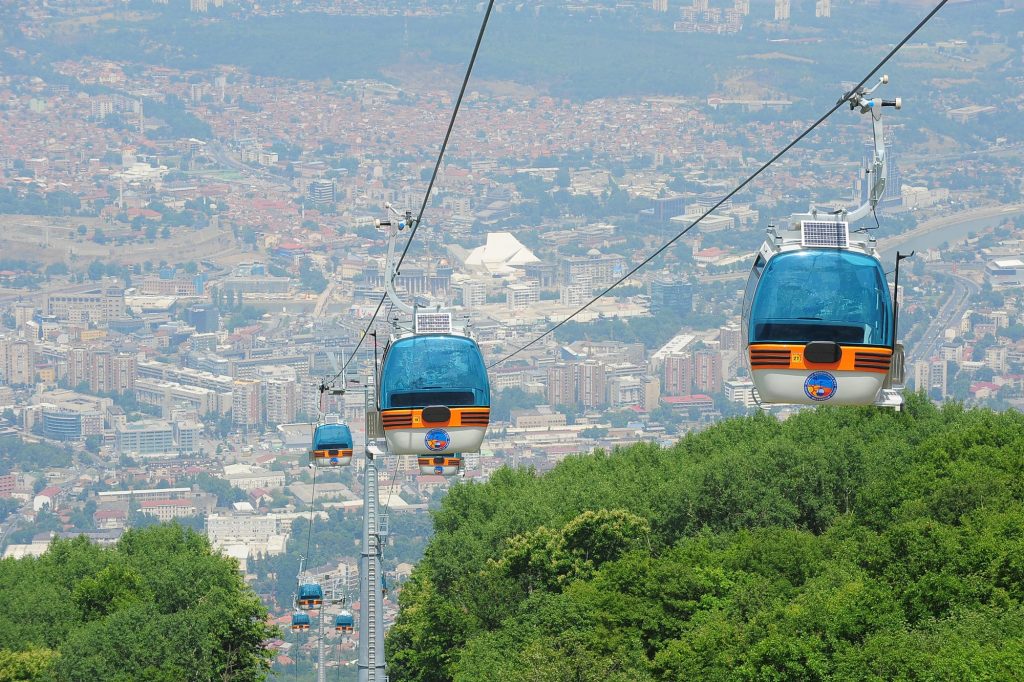The city of Arts and Sciences
Its 2020 Smart City strategy envisages to reduce urban emissions by 40% by 2030.
Valencia is a coastal town located in the midst of a large metropolitan area. With more than one million and a half inhabitants, it is currently Spain’s third most populated town. The current City Hall Government is decidedly committed to innovation and sustainability as the basis of a new model of global social development that respects both people and the environment.
In order to achieve these goals, several strategies, which are aligned with European objectives were launched during the last years. They are being improved by means of targeting more ambitious results in terms of urban and social innovation, both of which allowed Valencia to become a European frontrunner for Smart Cities and sustainable development.
Under the MAtchUp program, Valencia will develop a total of 52 innovative actions in regard to energy, mobility and ICT in various neighbourhoods.
The disctrict: Poblats Maritims
The district chosen for the project pilot is the coastal district of Valencia, called Poblats Maritims, a traditional maritime fishermen district with a strong identity character. The district has been the subject of urban aggression and its population has been peacefully resisting against dispossession. As the district has acquired global visibility, its needs to repair and solve the deteriorate situation.
Within MAtchUP the City of Valencia will focus on:
- renovating and constructing old and new buildings in the district,
- improving the sustainable mobility across the whole city (e-vehicles, charging points and multimodality hubs)
- building a dedicated platform for citizens to improve the ICT services
Valencia in a glance
Population: 787.266
Area: 134,6 km²
Associations: SEAP from 2009. Committed to achieve the SECAP
Initiatives&strategies: Valencia has delivered its Adaptation plan to climate change and has developed the Sustainable Urban Mobility Plan (SUMP)
